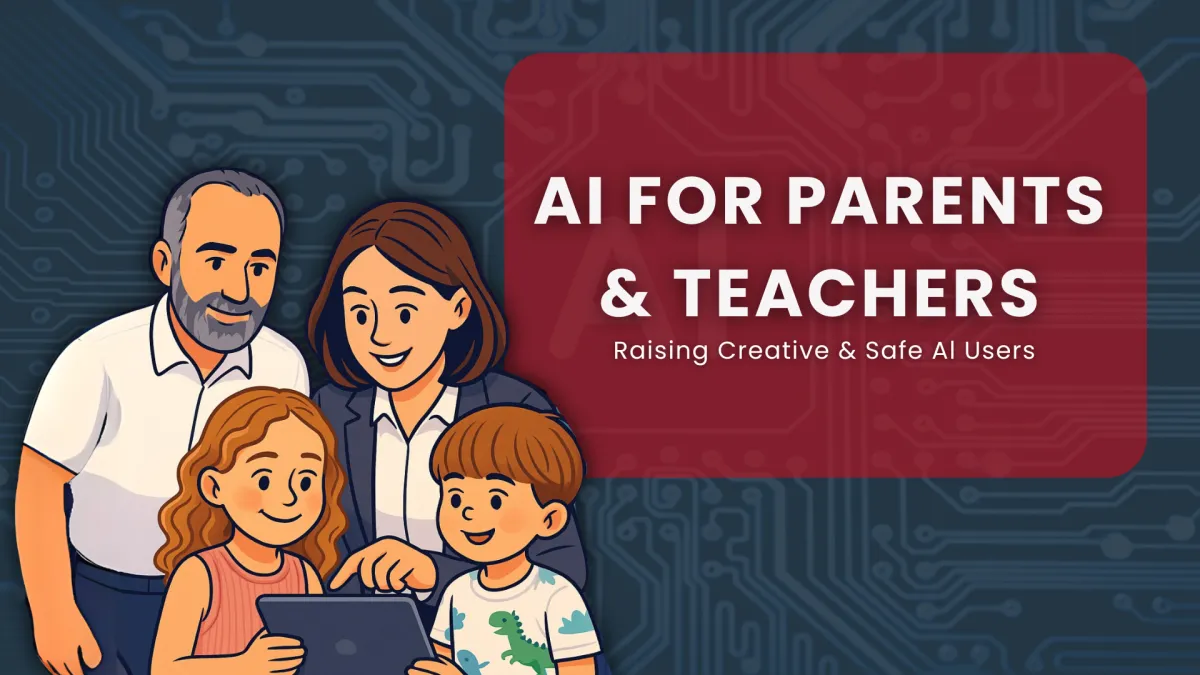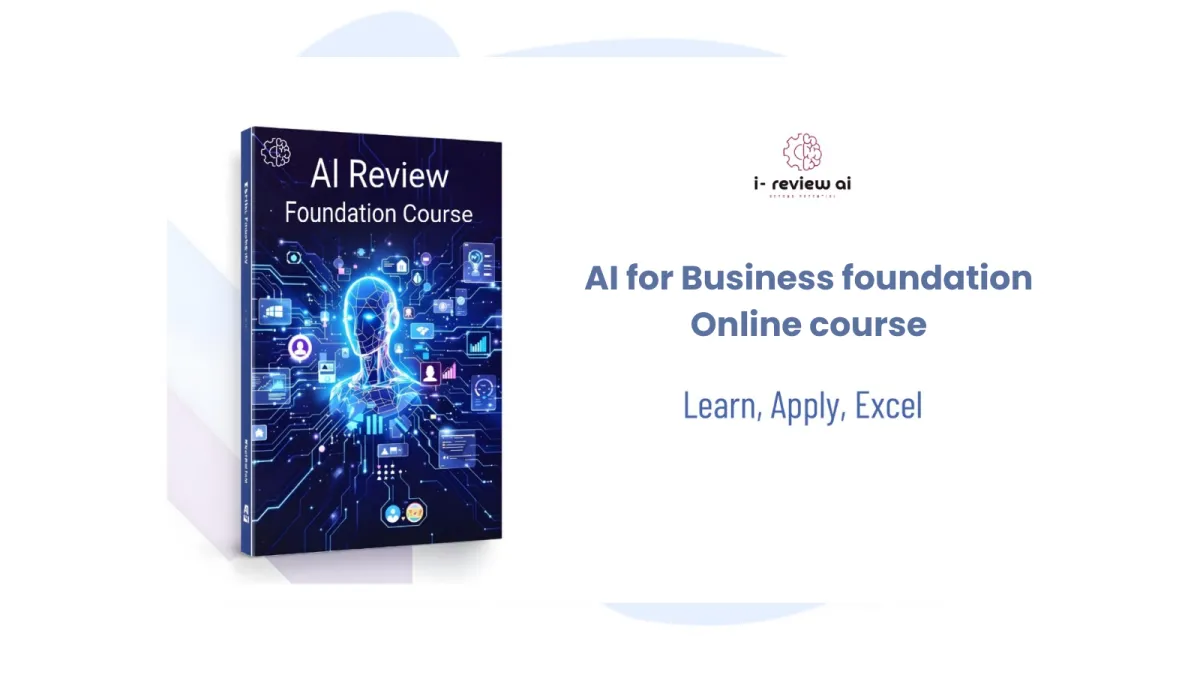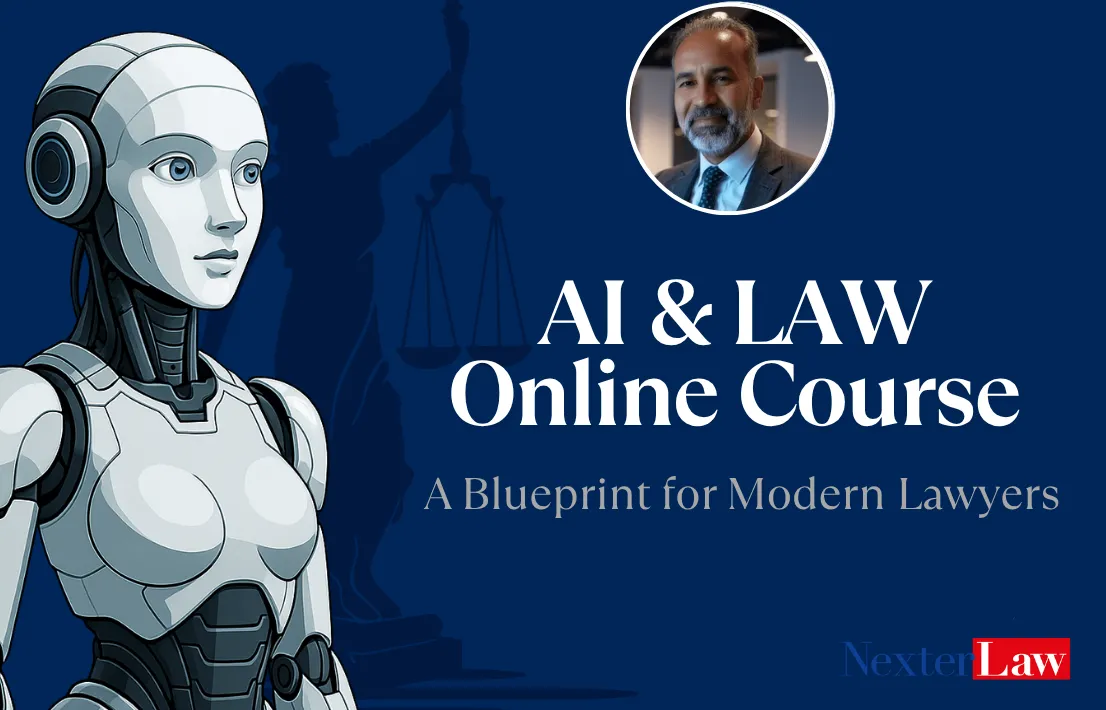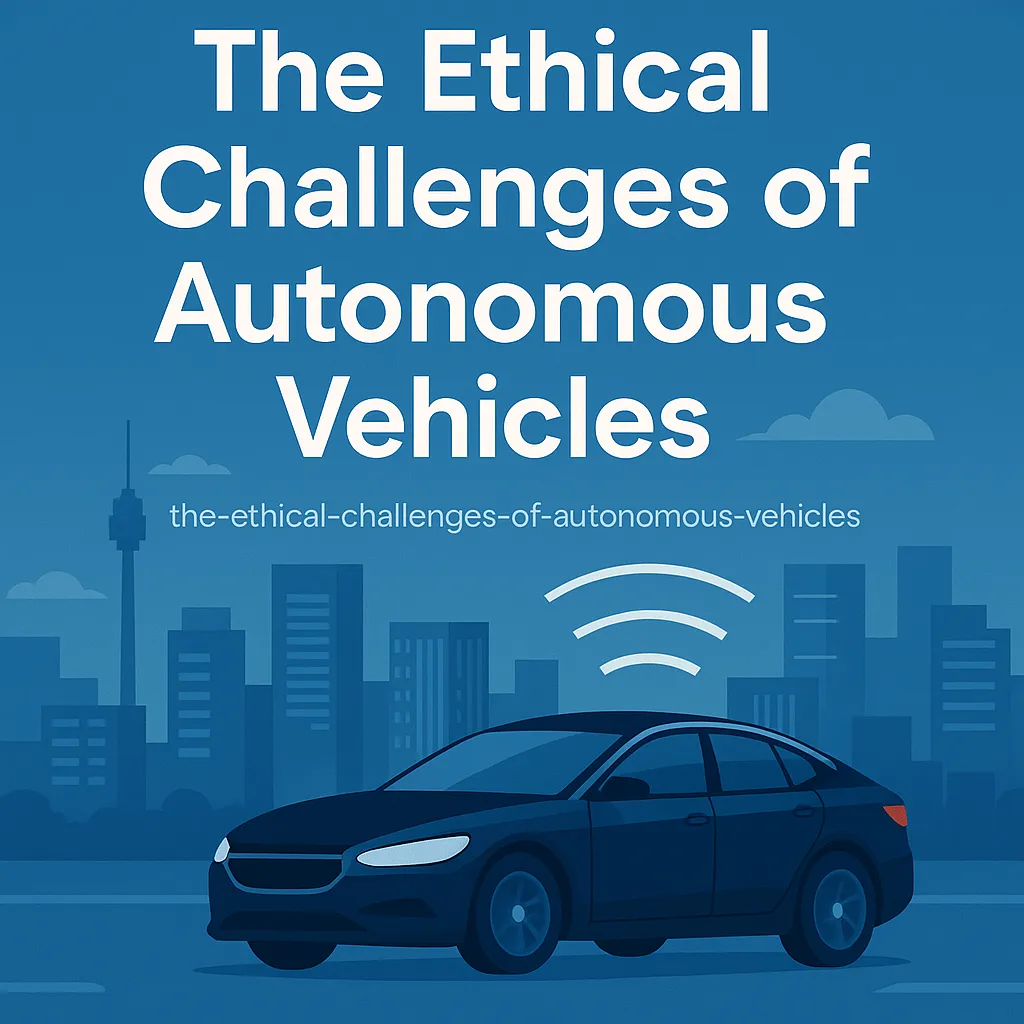Your Trusted Guide to the AI Revolution
At I Review AI, we cut through the noise to deliver unbiased reviews, tailored recommendations, and actionable insights that empower businesses to embrace AI with confidence


What We Offer?!
What We Offer?!
AI Education for a Future-Ready Workforce
Stay ahead in an AI-driven world! Our courses simplify AI for professionals, entrepreneurs, and businesses no tech background needed. Start with our AI Review Foundation Course and get certified. Coming soon: AI for Legal Professionals!
AI-Powered Marketing Solutions
Boost your brand with AI-driven marketing! From SEO-optimized content to automated ad campaigns, we help businesses grow with smart, data-driven strategies. Try our Free AI Ignite Package or scale up with Silver, Bronze, and Gold plans.
Expert AI Consultancy
Transform your business with AI! We help automate tasks, optimize workflows, and enhance customer experiences across industries. Our custom AI strategies ensure seamless integration for maximum impact.
Explore the Future
with AI!

Explore the Future with AI!
Why Learn AI?
Join our AI courses and dive into the world of artificial intelligence. Whether you're a beginner or an expert, our courses cover cutting edge topics like machine learning, ChatGPT applications, and AI-driven business strategies. Stay ahead of the curve enroll today and unlock the power of AI!
Unlock Your Curiosity Take Our Free AI Courses!
Start learning the fun and easy way our bite-sized, beginner-friendly courses are now 100% free for a limited time.
Whether you're curious about AI, want to level up your skills, or just love learning something new, we've got you covered. No sign-up hassle, just click and start exploring.
Find the Best AI Tools
Honest Reviews, Expert Picks & Easy Integration

Unbiased AI Tool Reviews
Honest, expert evaluations of the latest AI tools, designed to meet your business needs.

Tailored Recommendations
Personalized advice to find the best AI solutions for your industry.

Seamless Integration Guidance
Strategies to integrate AI tools into your operations with minimal hassle.
Explore the World of AI For Every Curious Mind
Practical, expert-led online courses to help parents, professionals, and pioneers understand and use AI responsibly.
AI for Parents & Teachers Online Course

$9
Confidently guide your kids into the world of AI safe, creative, and simple.
AI for Business foundation Online course

$27
Start this course today and start using AI to save time, create better content, and grow your business with confidence.
AI & Law Online Course

$27
Work smarter, not harder draft, research, and win with AI in just 10 hours.

Ethical-Challenges-Autonomous-Vehicles-Thumbnail.png
The Ethical Challenges of Autonomous Vehicles: Navigating AI's Moral Compass on the Road
Introduction: The Road Ahead for AI Ethics
As autonomous vehicles (AVs) shift from futuristic concepts to real-world technologies, they bring not only the promise of safer, more efficient roads but also a series of ethical dilemmas that challenge conventional moral, legal, and cultural frameworks. These challenges are no longer abstract thought experiments — they are real-world issues shaping public trust, regulation, and the future of transportation.
1. Understanding the Stakes: Why Ethics in Autonomous Driving Matters
Autonomous vehicles are expected to drastically reduce accidents caused by human error, increase mobility for people with disabilities, and transform city infrastructure. But how AVs make decisions — especially in life-and-death scenarios — is a critical ethical concern.
2. Core Ethical Theories in Autonomous Decision-Making
To address these challenges, we turn to established ethical theories:
Utilitarianism: Focuses on the greatest good for the greatest number. An AV might choose the least harmful path overall, even if it sacrifices one life to save many.
Deontological Ethics: Prioritizes rules over outcomes. This may compel AVs to follow traffic laws rigidly, regardless of situational consequences.
Virtue Ethics: Emphasizes the character and intention of decision-making — a difficult principle to encode in software due to its qualitative nature.
Ethical Relativism: Recognizes that cultural values vary. For instance, a society prioritizing individual rights (e.g., the U.S.) may expect AVs to prioritize passenger safety, while collectivist cultures may favor decisions that protect the community.
3. Challenges in Creating Universal Ethical Standards
The global deployment of AVs means a one-size-fits-all ethical model is neither practical nor desirable. Differences in cultural norms, legal systems, and societal values make universal ethics elusive. Initiatives like MIT’s Moral Machine show significant variation in moral preferences across regions, underscoring the need for culturally adaptive programming.
4. Transparency, Accountability, and Trust
Trust in AVs hinges on transparency. How do these vehicles make decisions? Who is liable in the event of an accident — the manufacturer, the software developer, or the user?
Clear documentation of decision-making frameworks, open algorithms, and robust regulatory oversight are essential. Ethical auditing and public disclosure can bridge the gap between technical design and societal trust.
5. Legal and Regulatory Frameworks: Evolving with Technology
National vs. State Regulation
In countries like the United States, regulation is divided between federal safety standards and state-level traffic laws. This creates inconsistencies in AV deployment and testing.
International Harmonization
Global bodies like the United Nations Economic Commission for Europe (UNECE) and the European Union are working toward standardized legal frameworks to ensure cross-border compatibility and safety.
Responding to Real-World Incidents
High-profile cases, like the Uber pedestrian fatality in 2018 and Tesla crashes, have prompted deeper investigations and regulatory adaptations. These events underscore the importance of proactive legislation rather than reactive rule-making.
6. Public Perception: A Key Driver of Adoption
Surveys suggest that a significant portion of the public remains skeptical about AVs' ability to handle emergencies. Misconceptions about their safety and ethical programming continue to shape resistance to adoption.
Education, transparency, and real-world demonstrations are essential to overcoming fear. Initiatives should focus on demystifying AV logic, highlighting safety benefits, and showing how ethical considerations are embedded in their design.
7. Lessons from Case Studies
Uber (2018): Raised questions about oversight and software safety.
Tesla Autopilot (2016): Highlighted driver complacency and regulatory gaps.
These cases illustrate the importance of assigning liability, refining testing protocols, and defining ethical standards for decision-making during critical events.
Conclusion: Designing Morality into Machines
As we stand at the intersection of innovation and ethics, one truth is clear: the decisions made today will shape not only how AVs navigate roads but also how AI navigates society at large.
To ensure that autonomous vehicles align with human values, a collaborative approach is essential — involving engineers, ethicists, regulators, and the public.
Now is the time to ask not just Can AI drive? But also Should it drive this way?
READY TO GIVE US A TRY?
Unlock the Power of AI Subscribe Now!
Stay ahead in the world of artificial intelligence! Subscribe to our website for exclusive access to upcoming AI courses, expert insights, and cutting-edge industry updates. Don’t miss your chance to level up your skills.
COMPANY
CUSTOMER CARE
LEGAL
Copyright 2025. i-review.ai. All Rights Reserved.

